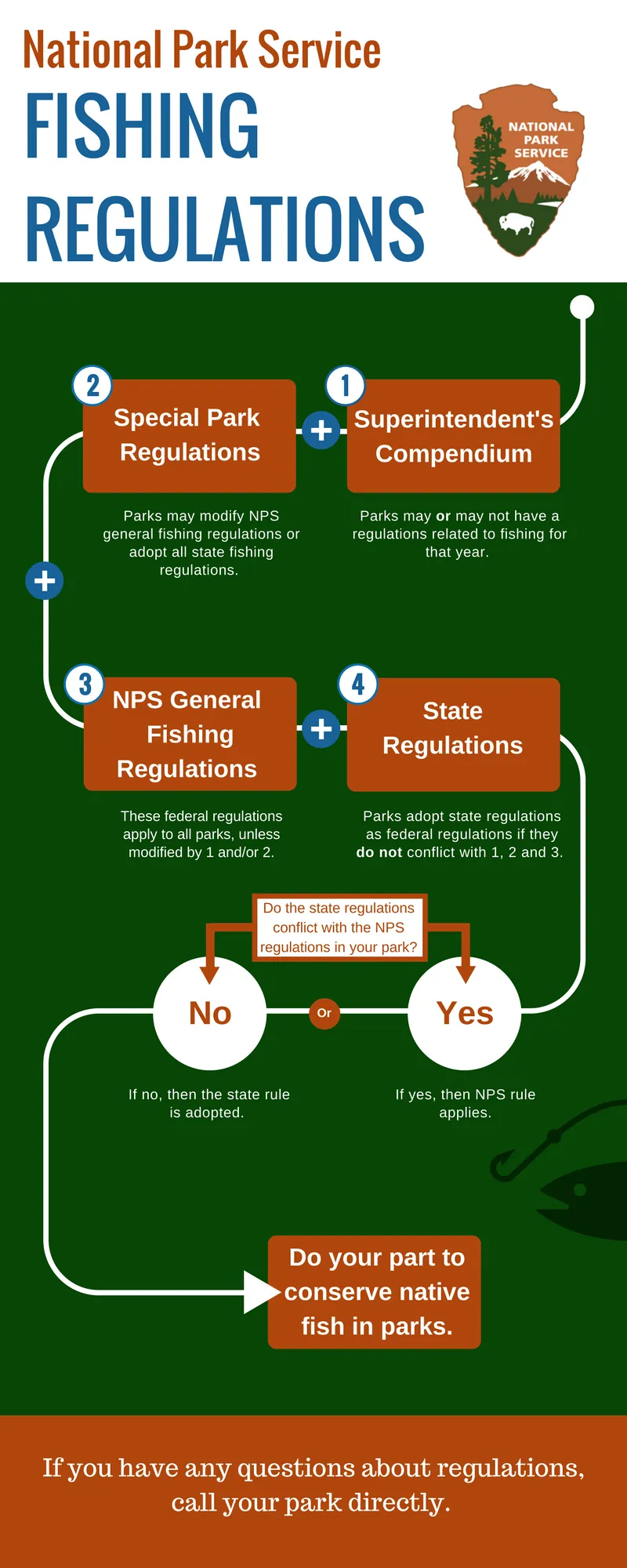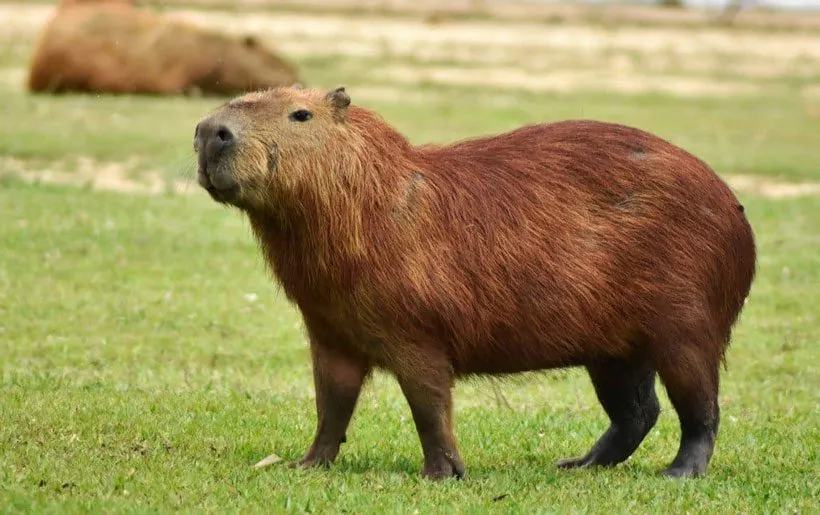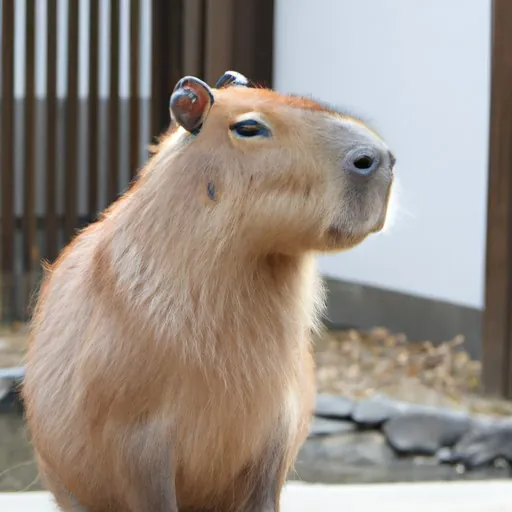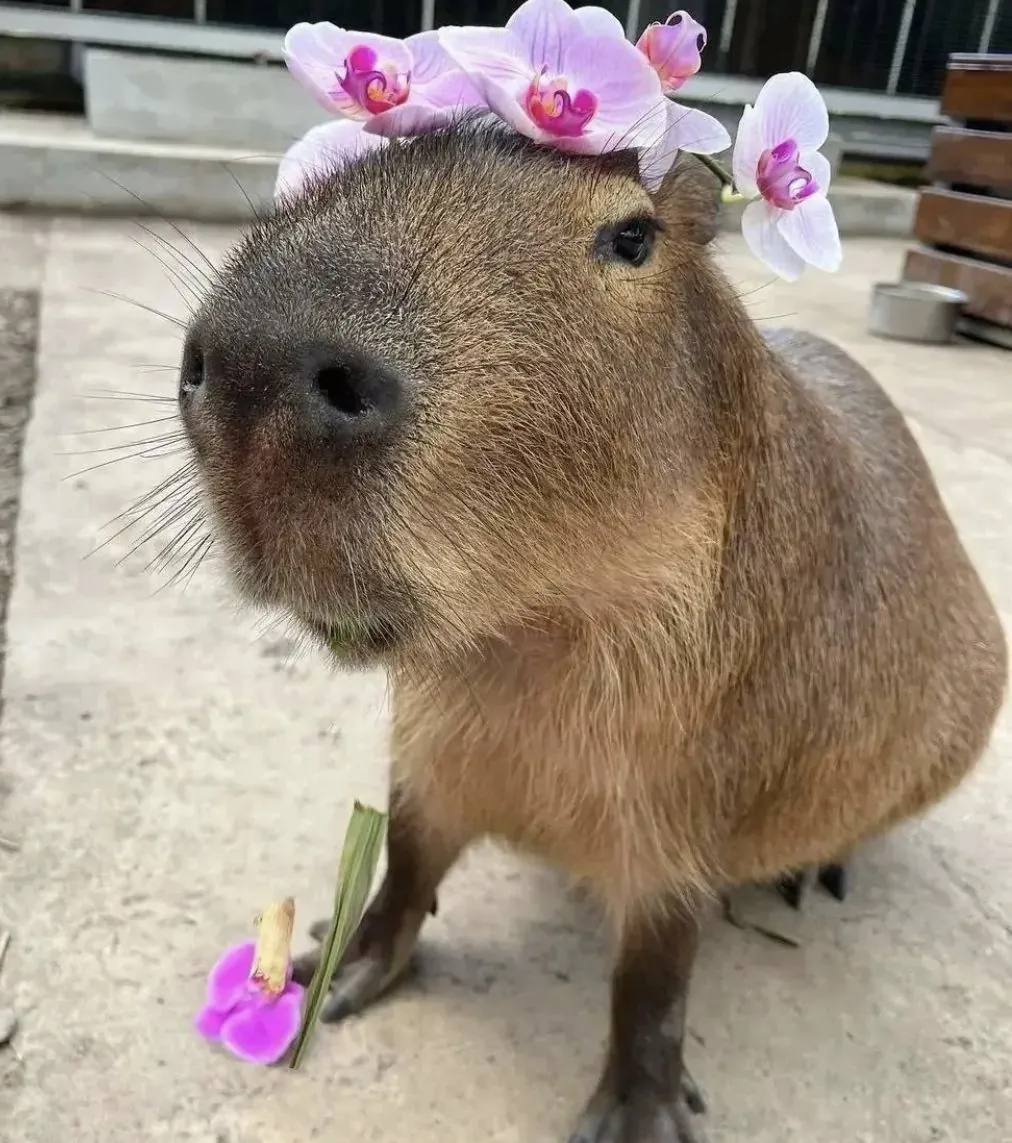If you’ve ever wondered, “Is it illegal to own a capybara in North Carolina?” you’re not alone. These gentle giants, native to South America, have captured the hearts of exotic pet enthusiasts worldwide. But before you start dreaming of capybara cuddles, let’s dive into the legalities, care requirements, and everything you need to know about owning one in NC.
Can You Legally Own a Capybara in North Carolina?
The short answer is yes, but with some caveats. North Carolina allows capybara ownership, but it’s not as simple as bringing one home. You’ll need to navigate state and local regulations, permits, and specific care requirements to ensure you’re compliant with the law.
State vs. Local Laws
While North Carolina doesn’t outright ban capybaras, individual counties and municipalities may have their own rules. For example:
- Buncombe County prohibits owning wild animals like capybaras.
- Mecklenburg County allows it but requires permits.
Always check with your local county or municipal council to avoid legal issues.
Permits and Licensing Requirements
Owning a capybara in NC isn’t a walk in the park. You’ll need to jump through some bureaucratic hoops to make it happen.
Captivity License
To legally own a capybara, you must obtain a captivity license from the North Carolina Wildlife Resources Commission (NCWRC). Here’s what the process looks like:
- Application Submission: Provide details about your property, enclosure plans, and veterinary care.
- Inspection: The NCWRC will inspect your property to ensure it meets housing requirements.
- Annual Renewal: Licenses must be renewed yearly, with updated documentation and fees.
Housing Requirements
Capybaras are semi-aquatic and need both land and water to thrive. Your enclosure must include:
- A pool or pond at least 18 inches deep.
- A secure fence at least 5 feet high to prevent escapes.
- Adequate shelter to protect them from harsh weather.
Why the Strict Regulations?

Capybaras aren’t your average pet. They’re the largest rodents in the world, weighing up to 140 pounds and requiring specialized care. The regulations are in place to:
- Ensure the animal’s well-being.
- Prevent ecological disruptions if they escape.
- Protect public safety.
What Does Capybara Care Look Like?

Owning a capybara is a big responsibility. Here’s what you need to know to keep your furry friend happy and healthy.
Diet and Nutrition
Capybaras are herbivores with a diet that includes:
- Fresh grasses and hay.
- Vegetables like carrots, squash, and leafy greens.
- Fruits as occasional treats.
They eat 6-8 pounds of food daily, so be prepared for the grocery bill!
Social Needs
Capybaras are highly social animals. In the wild, they live in groups of 10-20. If you’re considering owning one, it’s recommended to have at least two capybaras to prevent loneliness.
Health and Veterinary Care
Regular check-ups with an exotic animal veterinarian are essential. Capybaras are prone to dental issues, so routine dental care is a must.
The Cost of Owning a Capybara

Before you commit, let’s talk numbers. Owning a capybara isn’t cheap. Here’s a breakdown of the costs:
- Purchase Price: $1,000 to $2,500.
- Enclosure Setup: $500 to $2,000.
- Monthly Food Costs: $100+.
- Veterinary Care: $100-$250 per visit.
FAQs About Owning a Capybara in North Carolina
1. Do I need a permit to own a capybara in NC?
Yes, you’ll need a captivity license from the NCWRC.
2. Can I keep a capybara in an apartment?
No. Capybaras need outdoor space with access to water. An apartment won’t meet their needs.
3. Are capybaras dangerous?
Capybaras are generally docile, but their large size and sharp teeth can pose risks if they feel threatened.
4. How long do capybaras live?
In captivity, capybaras can live up to 12 years with proper care.
Final Thoughts: Is a Capybara Right for You?

Owning a capybara in North Carolina is legal, but it’s not for everyone. Between the permits, housing requirements, and ongoing care, it’s a significant commitment. If you’re ready to provide the time, space, and resources, a capybara can be a rewarding companion.
But if you’re unsure, consider visiting a local wildlife sanctuary or zoo to interact with these amazing animals without the responsibility.
So, is it illegal to own a capybara in NC? Not necessarily—but it’s a journey that requires careful planning and dedication.
Internal Linking Opportunities:
- How to Build the Perfect Capybara Enclosure
- Understanding Exotic Pet Laws in North Carolina
- Capybara Care 101: What You Need to Know
By following this guide, you’ll be well-prepared to navigate the legal and practical aspects of capybara ownership in North Carolina. Happy capybara parenting! 🐾
